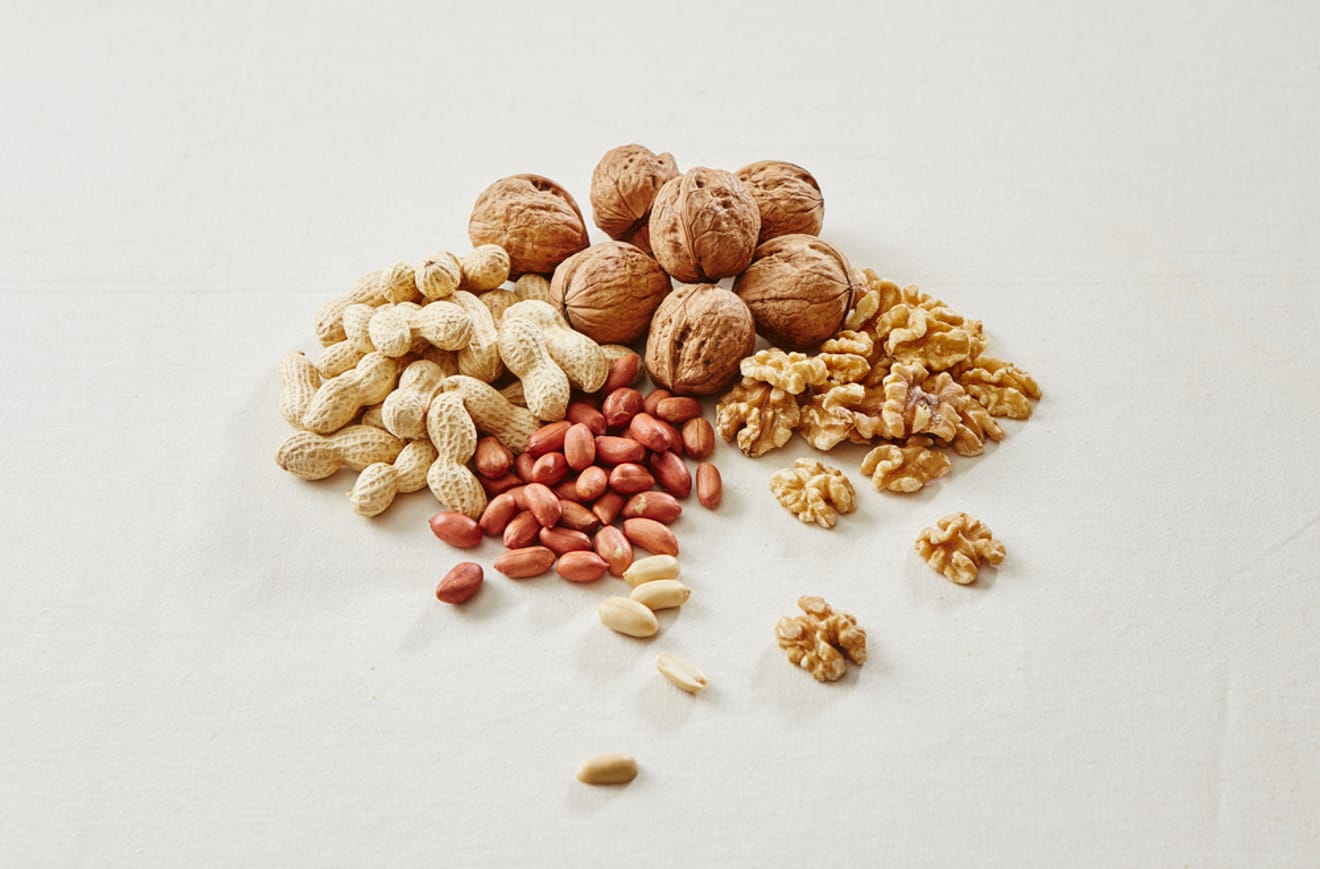Subject
- #Maintaining Freshness
- #Refrigeration
- #Carcinogens
- #Food Storage
- #Food Poisoning Prevention
Created: 2024-11-13
Created: 2024-11-13 17:26

Among commonly used food ingredients, some require special refrigeration.
To prevent rancidity and bacterial growth, and to ensure safe consumption,
we introduce several foods that must be refrigerated.

Perilla oil is rich in omega-3 fatty acids, making it prone to rapid rancidity.
Rancidity can produce 'acrolein'which may increase the risk of lung cancer, and
it is designated as aGroup 2 carcinogen.
To prevent rancidity, it is important toprotect perilla oil from light, heat, and metal.
Therefore, refrigeration is recommended.

Eggs may contain 'Salmonella' bacteria because chicken droppings may be present during laying.
Because the eggshell is not completely sealed but has numerous small pores,
washing eggs to kill bacteria will wash away the cuticle covering the pores of the eggshell,
allowing 'Salmonella' bacteria to enter.
In the Korean poultry industry, eggs are sold in two forms: 'washed eggs' and 'unwashed eggs'.
Eggs commonly sold in refrigerated packaging are considered 'washed eggs'.
The Livestock Products Processing Standards and Component Specifications Act sets standards for both.
'Washed eggs' undergo washing and coating, so
they must be stored under refrigeration from the start to prevent contamination.
However, 'unwashed eggs' are not sold in the same state as when the hen lays them.
They are sold after air washing using brushes or air.
In conclusion, since refrigeration is mandatory after washing,eggs must be refrigerated.
When storing eggs in the refrigerator, use anegg trayand place them with therounded side up.
There is an air sac called the air cell inside the egg, and placing this part upward reduces the possibility of cracking,
and also reduces the possibility of bacterial contamination.
It's safer not to wash eggs with water and store them in a dedicated container inside the refrigerator.

Nuts and red pepper powder can produce'aflatoxin', a carcinogen.
This substance can causeliver cancerand is aGroup 1 carcinogenproduced by the fungus 'Aspergillus'.
It frequently occurs in nuts, grains, and fermented soybean pastes (doenjang).
Mold toxins grow well at 70-90% humidity and 22-30℃, so
to prevent this,maintain humidity below 60% and temperature at 10-15℃.
Refrigeration after sealing is recommended, or freezing for long-term storage.
If mold appears, discard immediately instead of cutting it out.
Proper food storage methods maintain freshness and prevent food poisoning and the production of harmful substances.
In particular, please store each food according to its characteristics to prevent rancidity and carcinogenesis.
Comments0